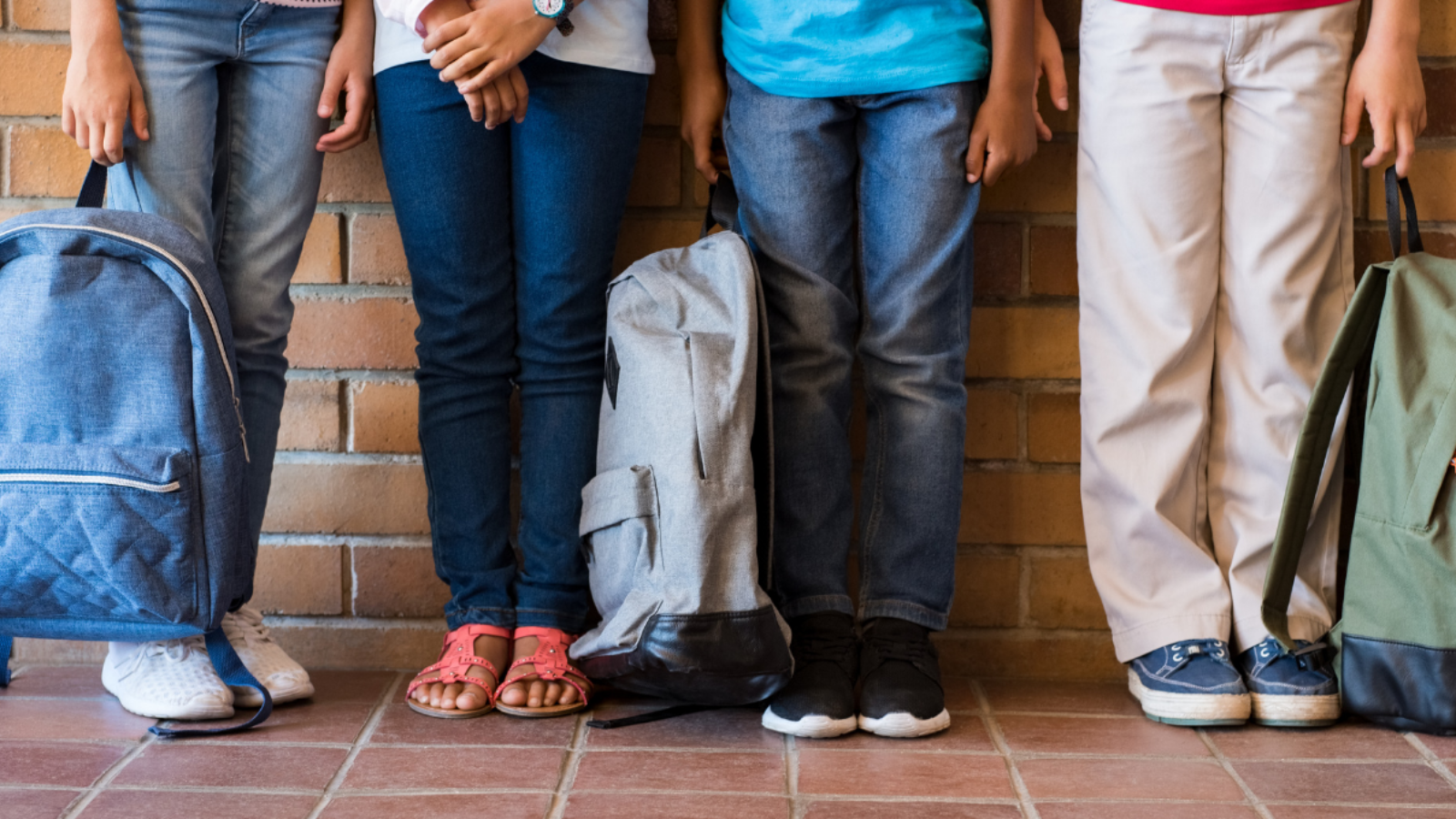Students will enter school this year with all sorts of supplies, habits, skills, and feelings. The pens, notebooks, books and class schedules will fit neatly inside their backpacks. The other things can be harder to pin down but have a much greater impact on our kids’ success.

-
Empathy
Empathy is one of the core “pro-social skills” that not only positions children to be good learners but enables them to form friendships, respect differences, navigate ethical challenges, and put the collective good ahead of their own self-interest when it matters.
-
Curiosity
Curiosity has been called the “wick on the candle of learning” for good reason. Curiosity helps information stick and it is the fuel for both learning and retention.
-
Growth mindset
Our children bring something intangible but very important for their success to school with them: a set of beliefs about their ability to learn. Students with a fixed mindset believe that their intelligence and abilities are hardwired traits. In contrast, students with a growth mindset believe that abilities can be developed through persistence and hard work. We should make sure that all students know that their brains have the capacity to grow and that hard work is the key to success.
-
Resilience
Too much stress certainly has a negative impact on learning, but this doesn’t mean that all hardship is bad. While it is tempting for us parents to shield our children from all stress and challenge they will be better off if we help them build their capacity to navigate hardship and adapt in the face of challenge.
-
Focus
Attention is like a muscle. The more that we practice focusing our attention and filtering out distractions, the better we get at it. In a world with many distractions, helping our children learn to focus is key to their capacity to excel in and out of the classroom.
-
Real self-esteem
It turns out that focusing too intensely on our children’s happiness inadvertently make them less happy in the long term. Real self-esteem is built from achievement and opportunities to develop competence, not from lavish praise or feel-good-quick exercises.